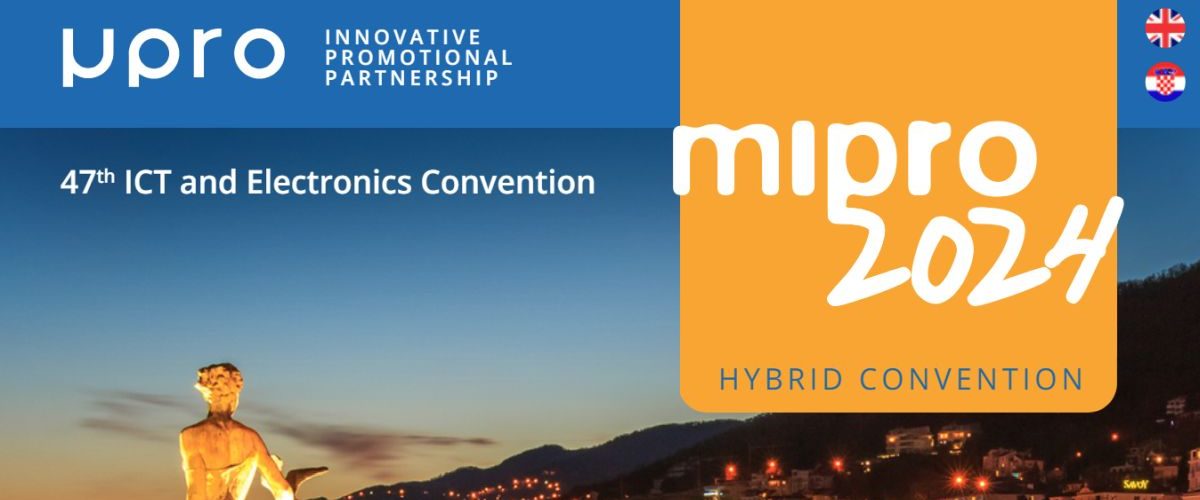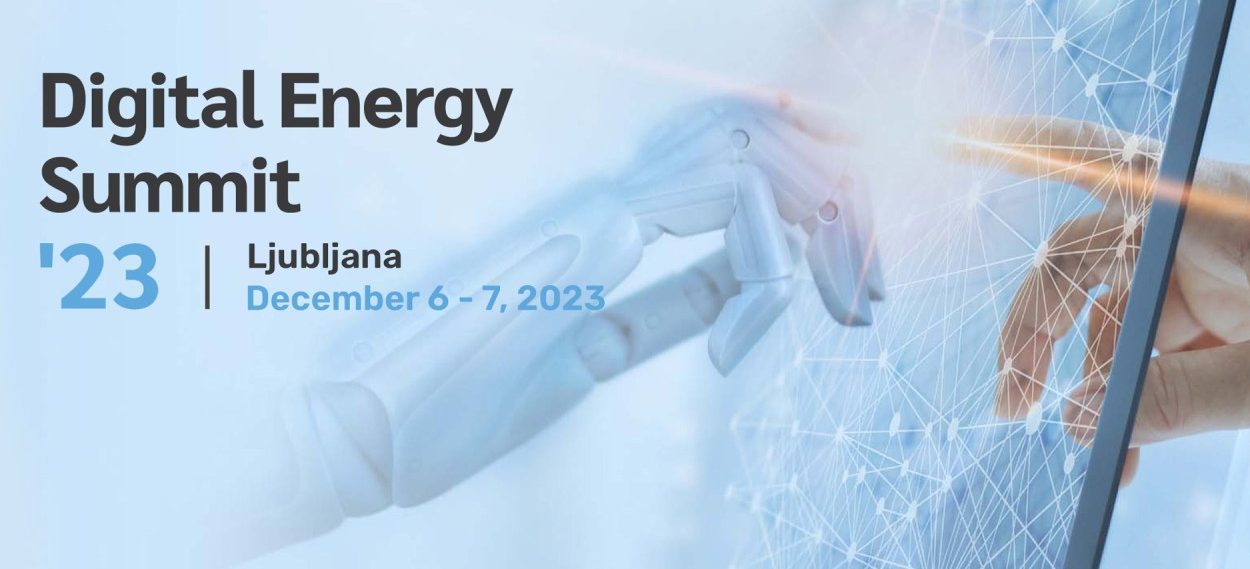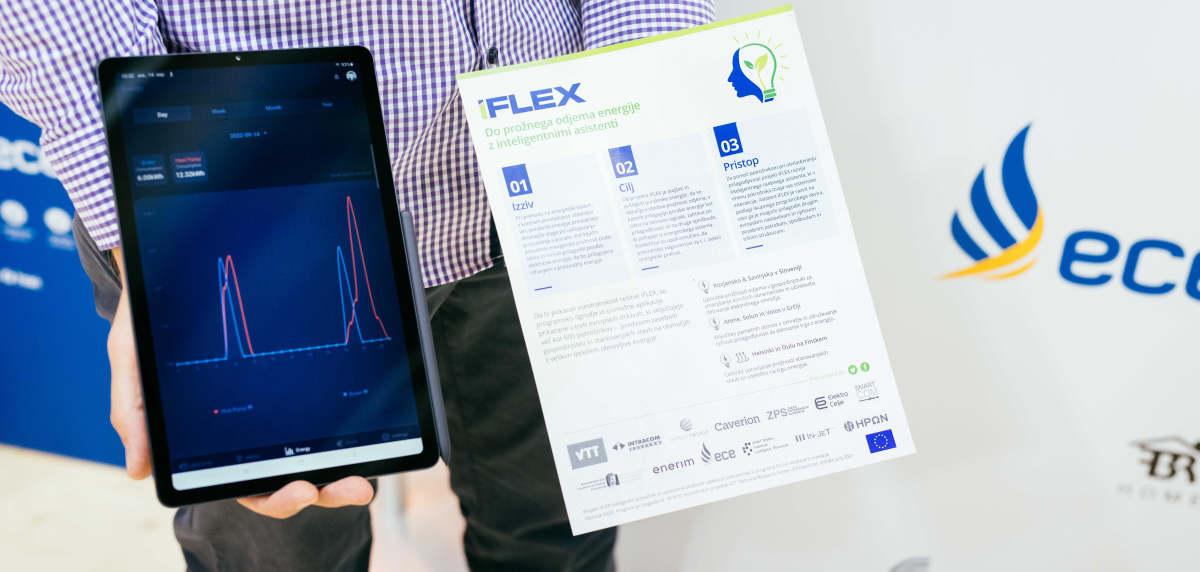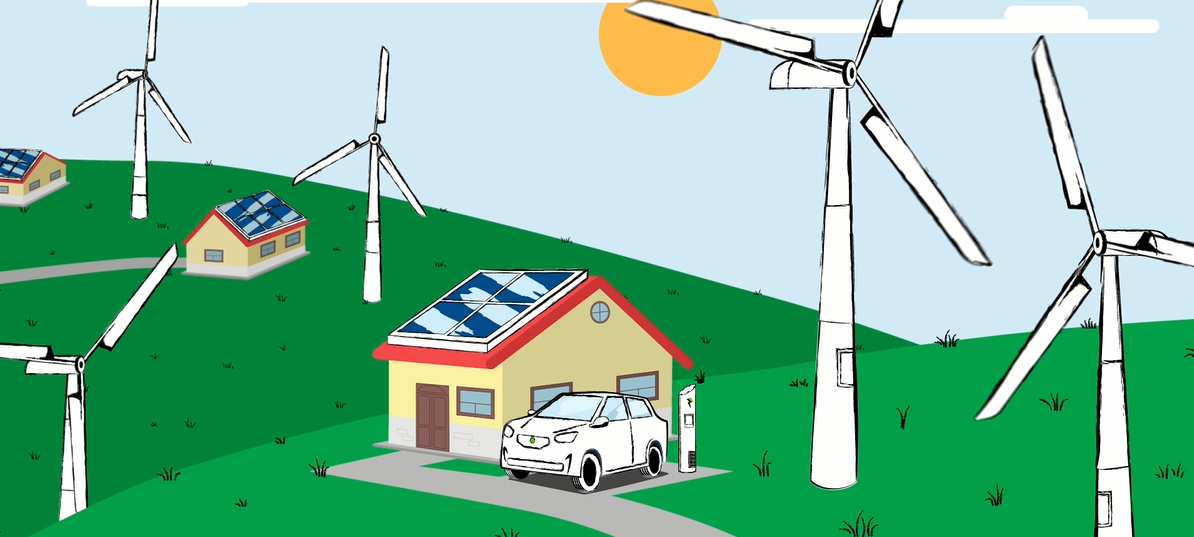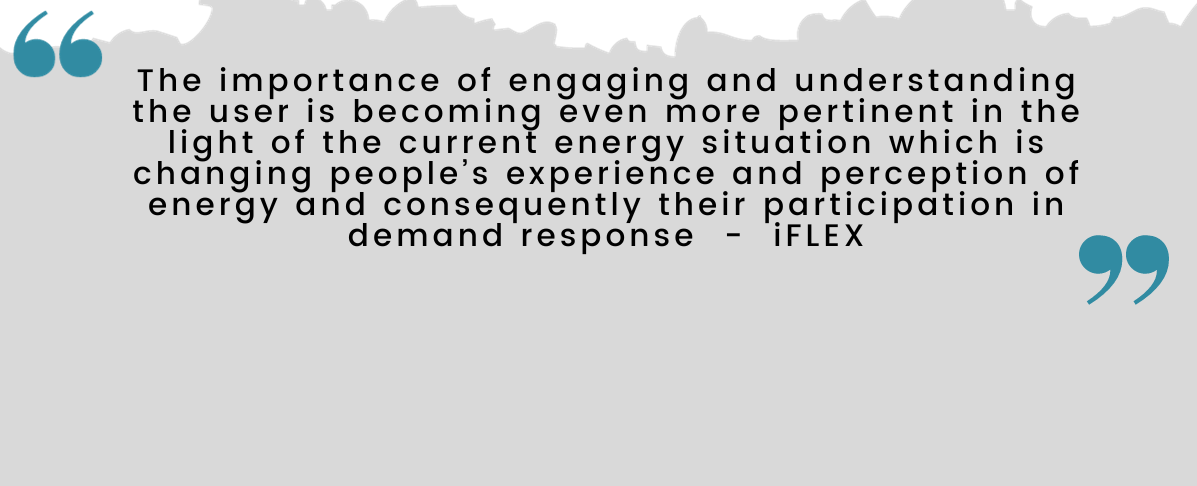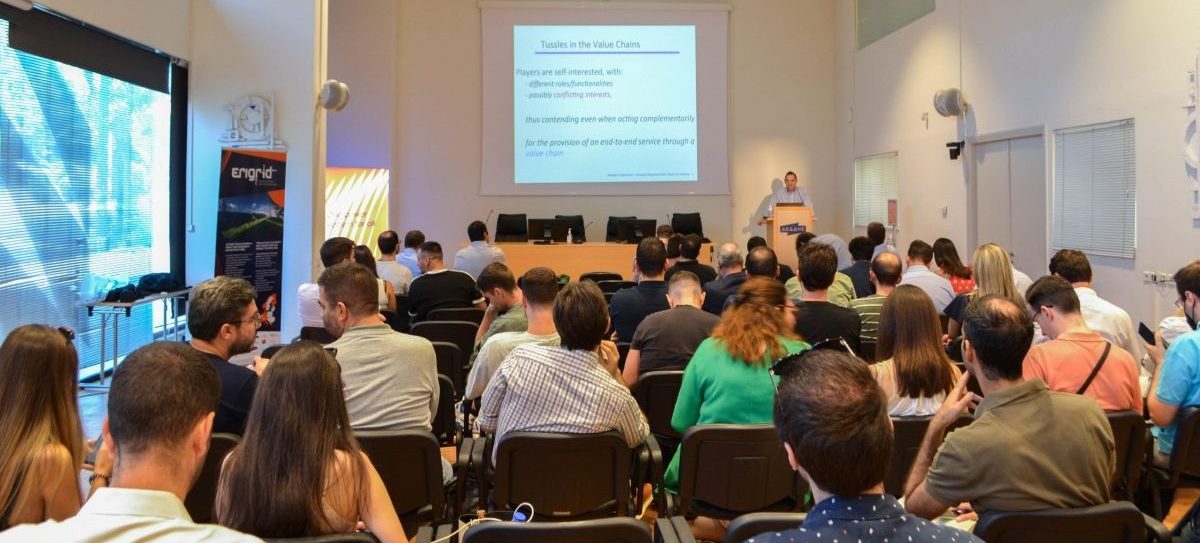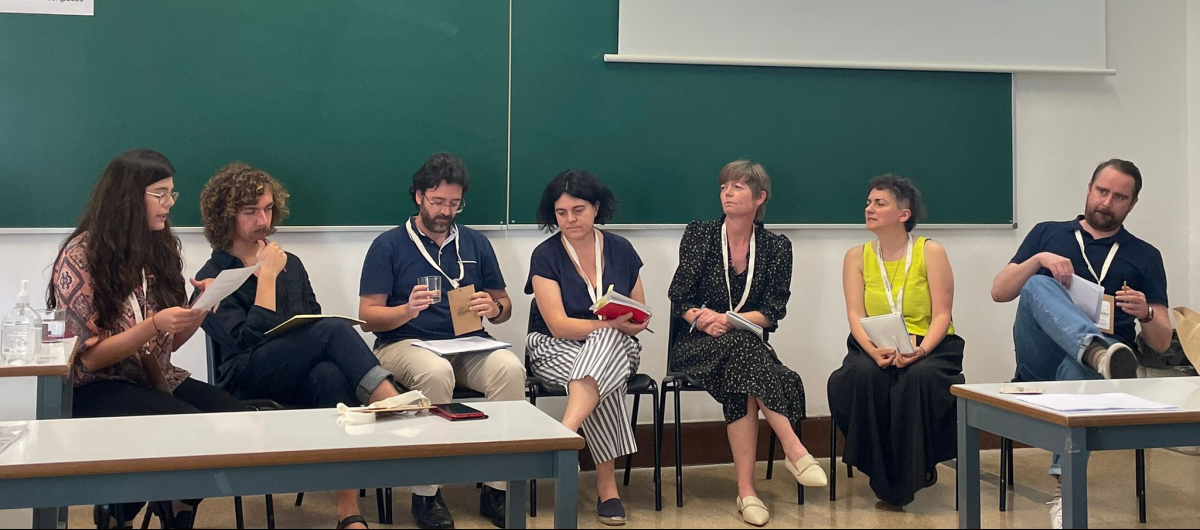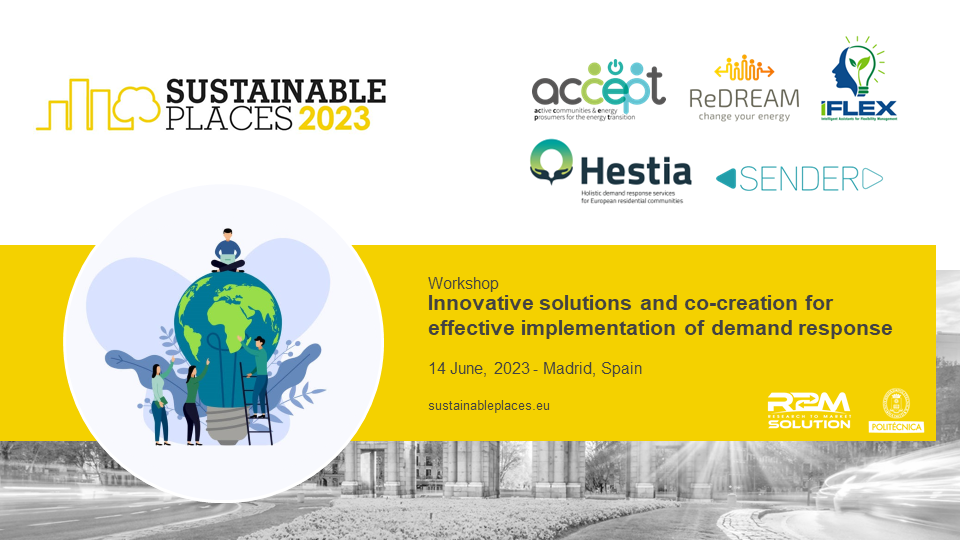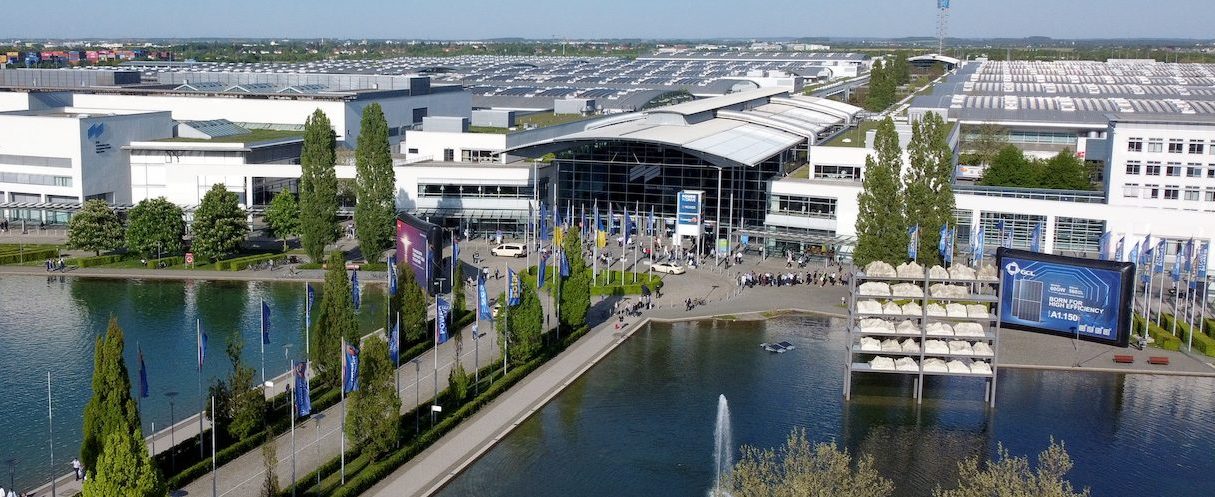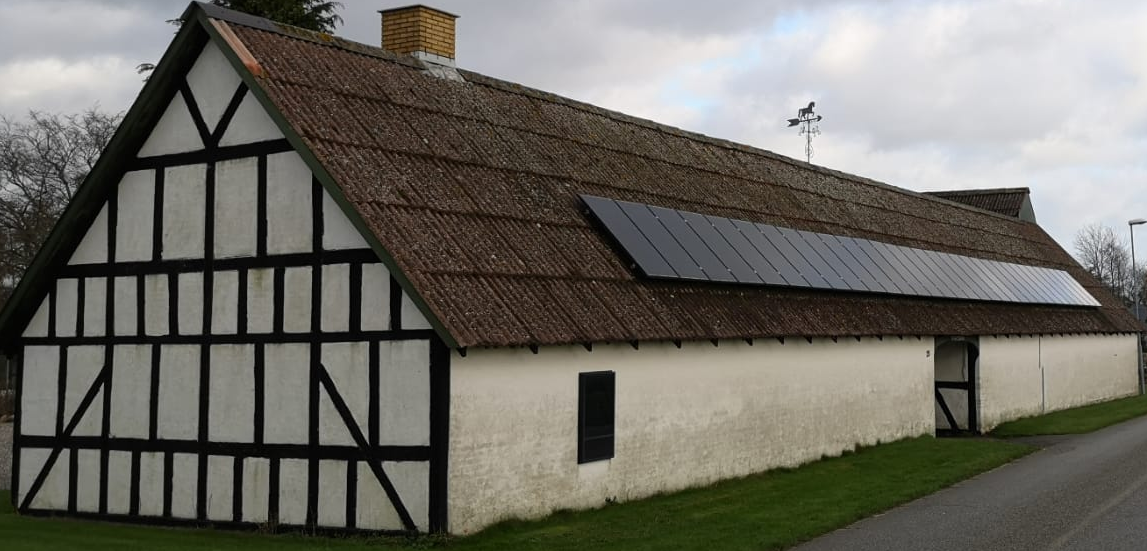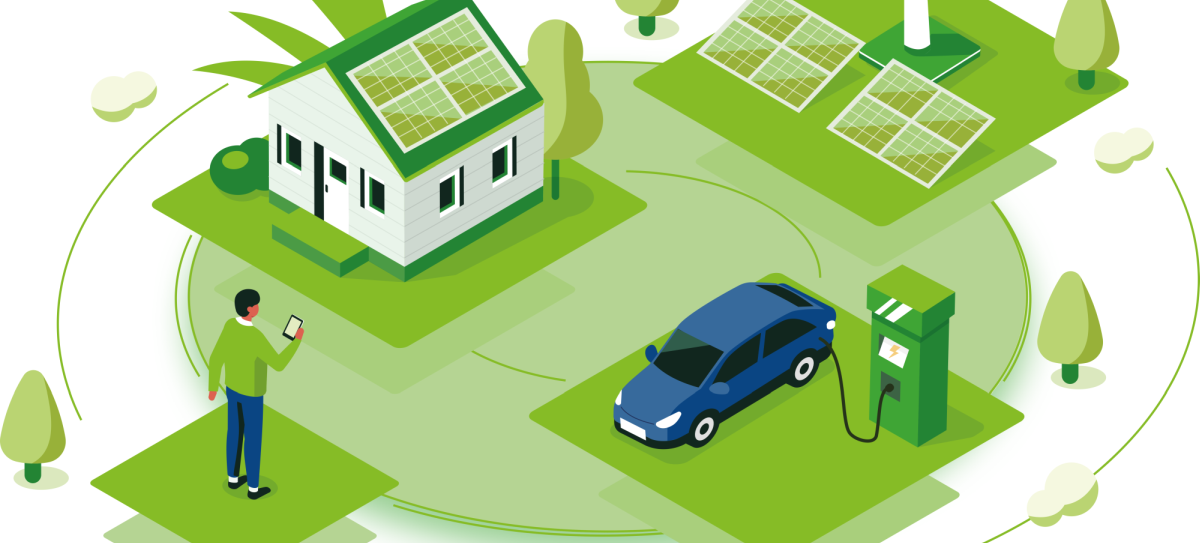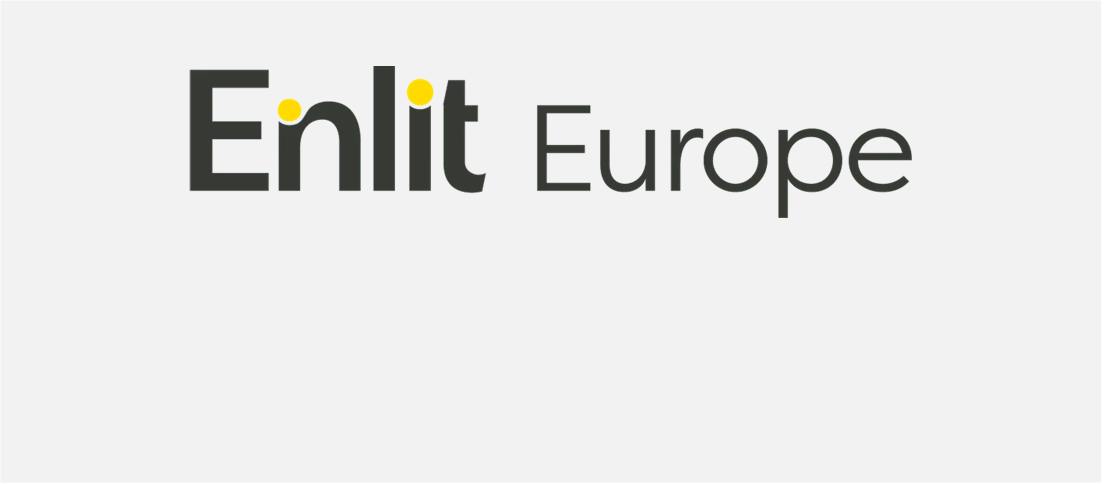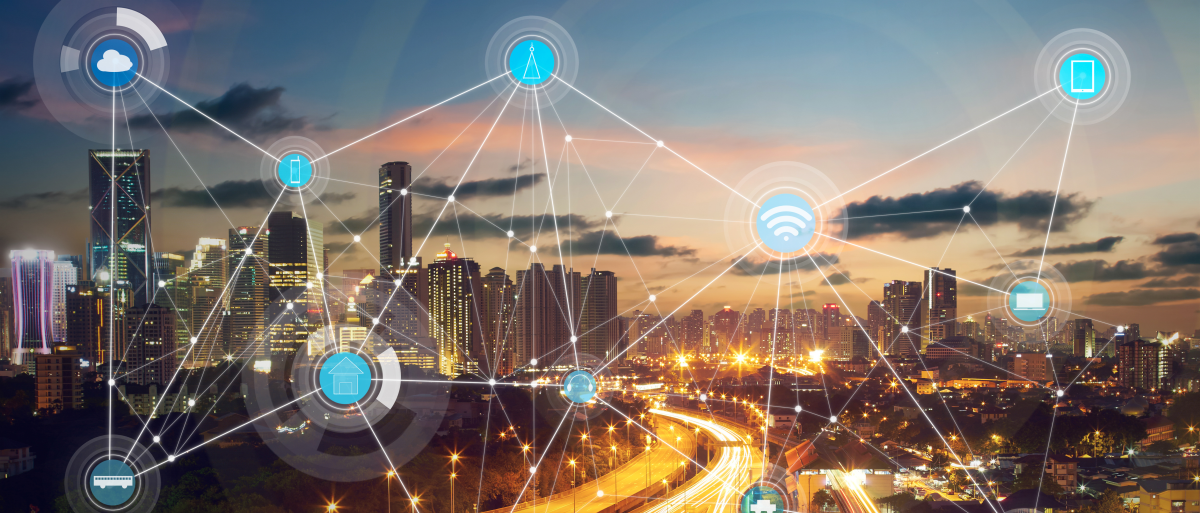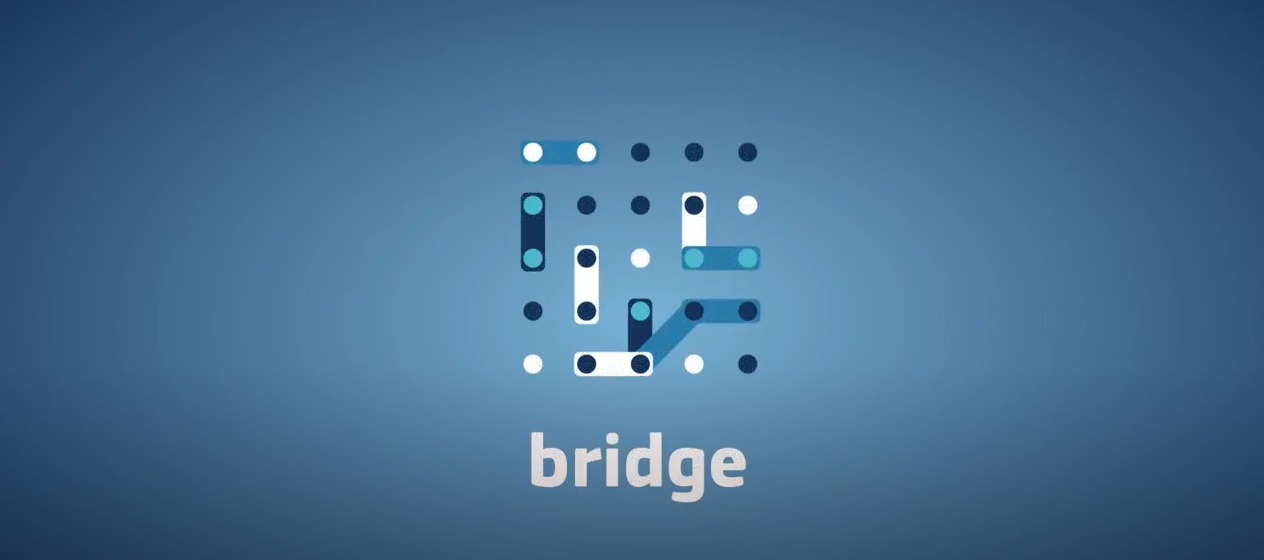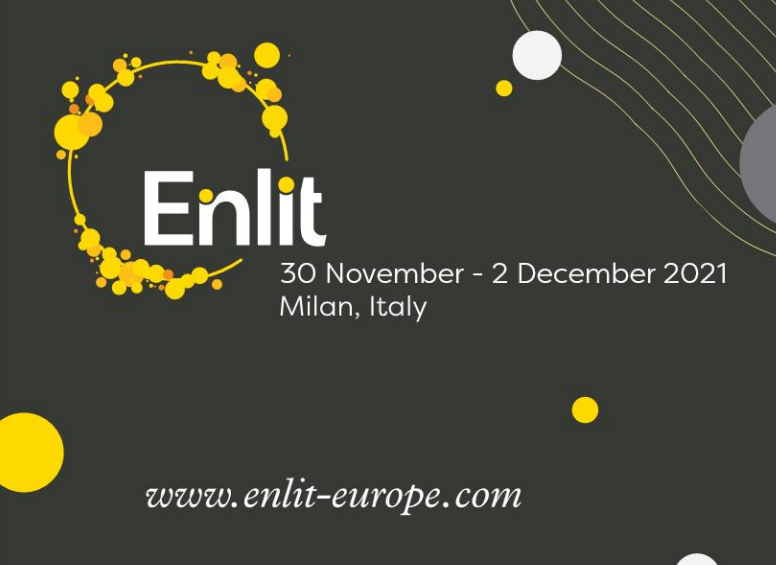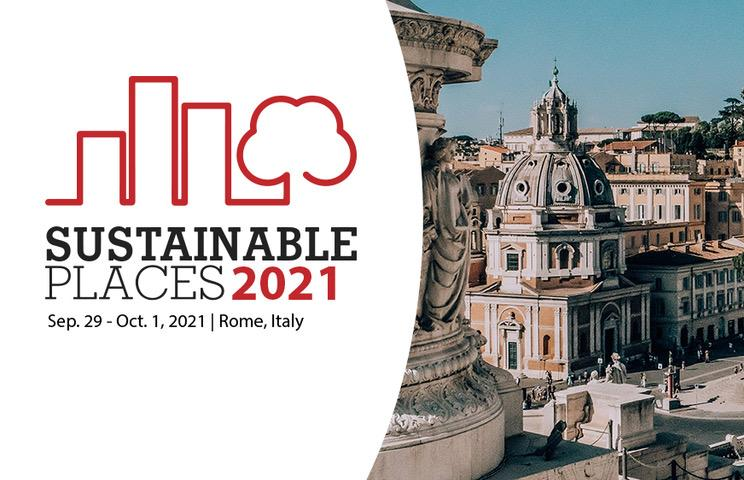The Greek pilot explores how residential consumers can contribute to a reduction of market imbalances by shifting the electricity consumption of their water heaters. The iFLEX Assistant communicates the requests for action to the household and handles its response according to set preferences.
The capability to shift electricity use is in the Greek case offered as a service by a Demand ResponseDemand Response Intentional change of normal consumption patterns by energy consumers in response to external price signals (implicit DR) or incentives to reduce or increase consumption (explicit DR). Both operations can be automated. AggregatorAggregator Market participant acting between providers and users of flexibility. The Aggregator bundles flexibility resources (consumption, generation, storage) into a flexibility volume and offers the capability to activate it. to a Renewable Energy Source (RES) Aggregator to reduce potential imbalances in the balancing market. In Greece, the former provides balancing services based on demand-side consumption, generation and storage and the latter based on generation from renewable power plants.
The demand-side aggregation role is initially fulfilled by the Electricity Retailer who sends a request to the household for participating in a future Demand Response (DRDR Demand Response) event, which for the pilot involves shifting the consumption of the water heater. In return, the household is rewarded.
The household can provide a positive or negative response. If agreeing to participate in the event, the iFLEX Assistant suggests one or more options for rescheduling the water heater based on modelled preferences which need to be accepted by the user for successful participation. In a minimum supervision scenario, the user can choose auto-mode, leaving it up to iFLEX Assistant to decide on participation and rescheduling of the water heater.
Type of consumer engagement:
Explicit Demand Response
Location: Households in Athens, Thessaloniki & Volos
Energy actors involved:
Electricity Retailer/Demand Response Aggregator, HERON
Renewable Energy Source Aggregator, OPTIMUS
Benefits of offfering and utilising flexibility
Household: Receive compensation for offering flexibility to the RES Aggregator in addition to any costs covered for activating the flexibility asset; feel in control through energy consumption and cost visualisation; be part of a collective environmental effort by actively supporting RES development.
RES Aggregator: Reduce imbalance penalties by aggregating and activating flexibility from consumers.
Retailer fulfilling the role of DR Aggregator: Receive additional revenue by activating a flexible resource at very short notice; reach and cater for more environmentally aware segments of its clientele.
iFLEX integrated into existing mobile application
The iFLEX Assistant functionality will be integrated into an existing mobile application offered by the retailer, HERON.
The mobile application provides remote control of the flexible asset and real-time energy monitoring that can be broken down into fully customisable intervals and resolutions. This gives the user valuable insights into the energy consumption, power and power factor of running electrical devices and daily costs.
Through the additional functionalities of the iFLEX Assistant integrated in the existing app, such as scheduling, optimisation and automatisation, the user will be able to manage participation in DR events.
The household will also be able to inspect its history of participation in flexibility events and the gained rewards. Costs, compensations and rewards will be visualised as “€ / kg CO2 saved or XY points earned” depending on the reward mechanism.
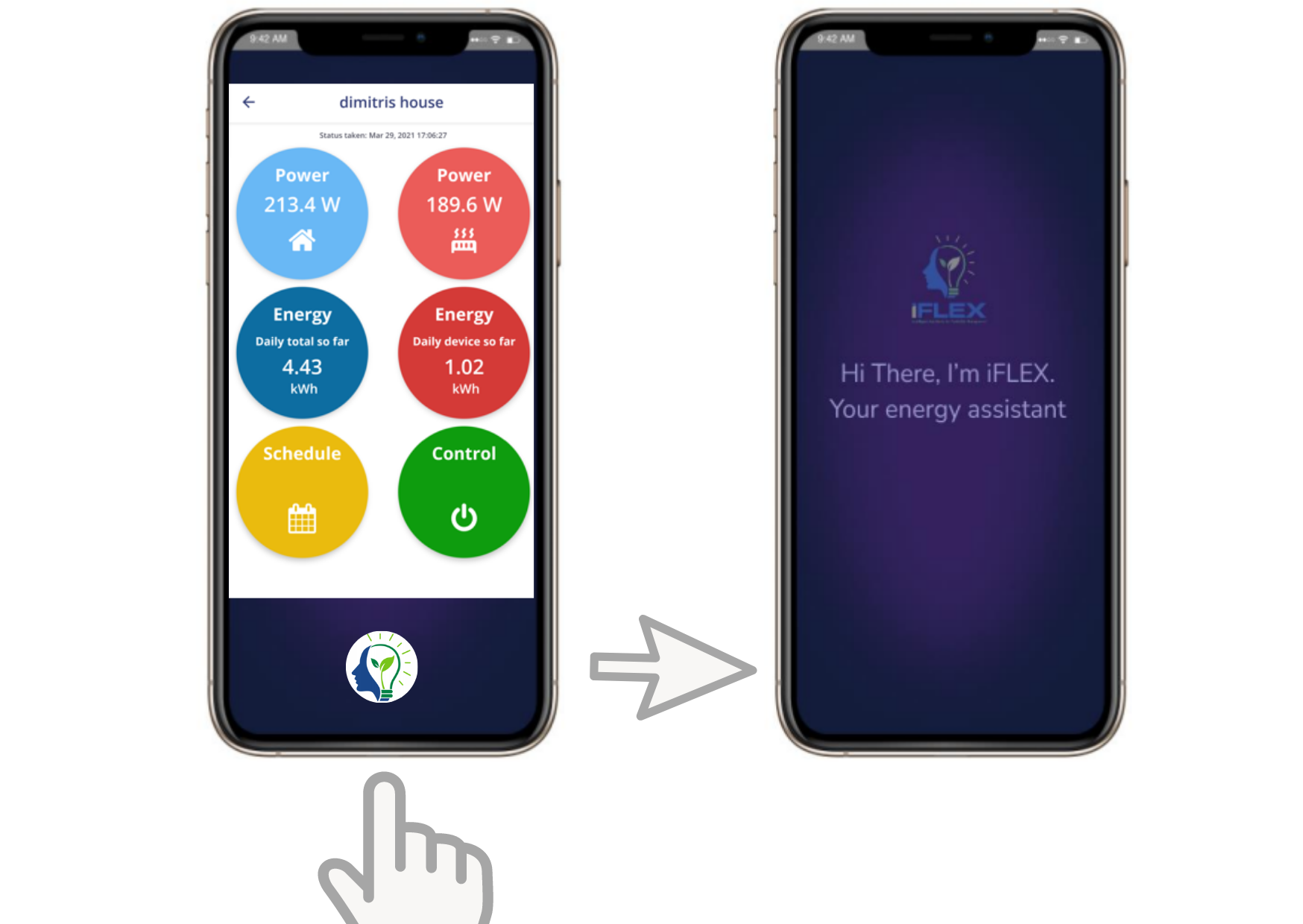
Conceptual design of iFLEX Assistant integration with early-stage retailer app
From 10 to 200 households
The pilot which is led by HERON has recruited 10 households in Athens to test key aspects of the iFLEX Assistant before official launch of the pilot during 2022. In total, the pilot aims at recruiting 200 households, engaging them in testing and validating the Assistant throughout the piloting phases which run in 2022 and 2023.



